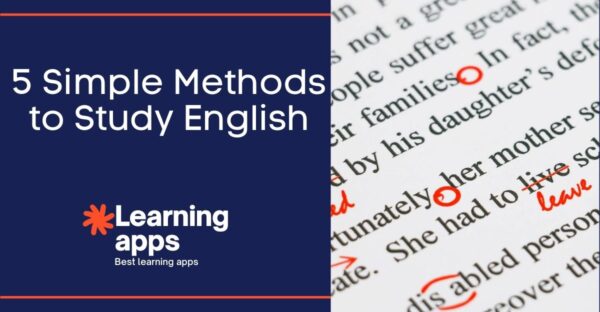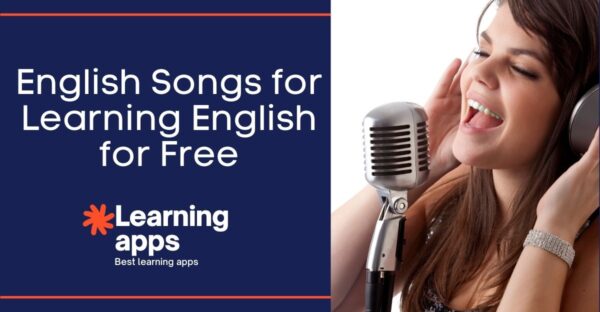A Reddit thread that asked users which was the hardest language to learn in their opinion recently went viral. Over 6, 000 people commented and around 1, 600 of those people voted for English. We did some digging and looked into the reasons why. How Difficult is English for Non Native Speakers?
The Difficulty of Learning English
The difficulty of learning English is that it is not a phonetic language. This means that there are many letters that can be pronounced in multiple ways, and the same letter can be pronounced differently in different words. For example, the letter “a” can be pronounced as “a” in “apple”, “e” in “example”, or “o” in “potato”.
- The difficulty of learning English is that it is not a phonetic language. This means that there are many letters that can be pronounced in multiple ways, and the same letter can be pronounced differently in different words.
- For example, the letter “a” can be pronounced as “a” in “apple”, “e” in “example”, or “o” in “or”. The letter “i” can be pronounced as “i” in “pin”, “ee” in “feet”, or “ay” in “pay”. The letter “o” can be pronounced as “o” in “open”, “oo” in “food”, or “oh” in “tomb”. The letter “u” can be pronounced as “oo” in “foot”.
The Reasons Why English is Difficult
There are many reasons why English is difficult. One reason is that there are many words that have multiple meanings. For example, the word “bank” can mean a financial institution or the side of a river. Another reason is that English has many irregular verbs. For example, the verb “to be” is irregular in the past tense, as in “I was, you were, he/she/it was”.
The Challenges of English Grammar
English grammar can be difficult to learn and understand. There are many rules that can seem confusing and complicated. Fortunately, there are also some easy grammar rules that can help you improve your English. This article presents ten of the easiest rules to remember and use in order to help you improve your understanding of English grammar.
Don’t get confused by “-ed” words: Some verbs end with “-ed”, such as “to paint” or “to plan”. There are some verbs like this that do not take the “-ed” form in the past tense (for example: “to be” or “to become”). There are many verbs that need to have an “-ing” ending in the present participle, such as “to like” or “to love”.
English Vocabulary can be Confusing
English Vocabulary can be confusing because of the way words are spelled and the multiple meanings that some words can have. These lists of vocabulary are designed to help make learning English a little easier. Vocabulary for the Film “The Shawshank Redemption” .
English Spelling can be a Challenge
English spelling can be a challenge for non-native speakers and for children who are learning to read and write. The English language has many rules that are not always consistent. For example, the letter “c” can be pronounced like “s” as in “city” or like “k” as in “cat”. The letter “e” can be pronounced like “a” as in “bed” or like “i” as in “bit”.
English Sentences can be Complex
The sentence can be rewritten to show how versatile and complex the English language can be. This is because they can be made up of multiple clauses which are joined together by different types of connectors. The most basic connectors are the coordinating conjunctions:
and, but, for, or, nor, so
There are two types of clauses: independent and dependent. An independent clause can stand alone as a sentence on its own. The words which make up an independent clause can be conjunctions, or prepositions and adverbs.
The Benefits of Learning English
There are many benefits to learning English. First and foremost, it is the most common language in the world. It is spoken by billions of people and is the language of business, travel, and international relations. Learning English will help you communicate with people from all over the world. Additionally, learning English will improve your reading, writing, and listening skills.
FAQs:
– What are the benefits of learning English?
Learning English can provide a number of benefits for students. It can help them to communicate with people from other countries, to understand films and TV programmes, and to read books in their original language.
– What is the difference between phonetic and non-phonetic languages?
Phonetic languages are those in which each sound is represented by a letter or combination of letters. Non-phonetic languages are those in which the sounds are not represented by letters.”
Phonetic languages are those in which each sound is represented by a letter or combination of letters. This means that the pronunciation of each word can be easily determined by reading the letters. Non-phonetic languages are those in which the sounds are not represented by letters.
– What are some of the most common letter combinations that are pronounced differently in English?
In English, the letter combination “gh” is often pronounced as a “f” sound, as in “enough”. Other letter combinations that are pronounced differently include “kn” as “n” in “knot”, “wr” as “r” in “wreath”, and “ea” as “ee”
– Why is English difficult to learn for some people?
Some people find English difficult to learn because of its many rules and irregularities. English is not a phonetic language, which means that the spelling of a word does not always correspond to how it is pronounced. This can make it difficult for people to learn how to spell words correctly.






